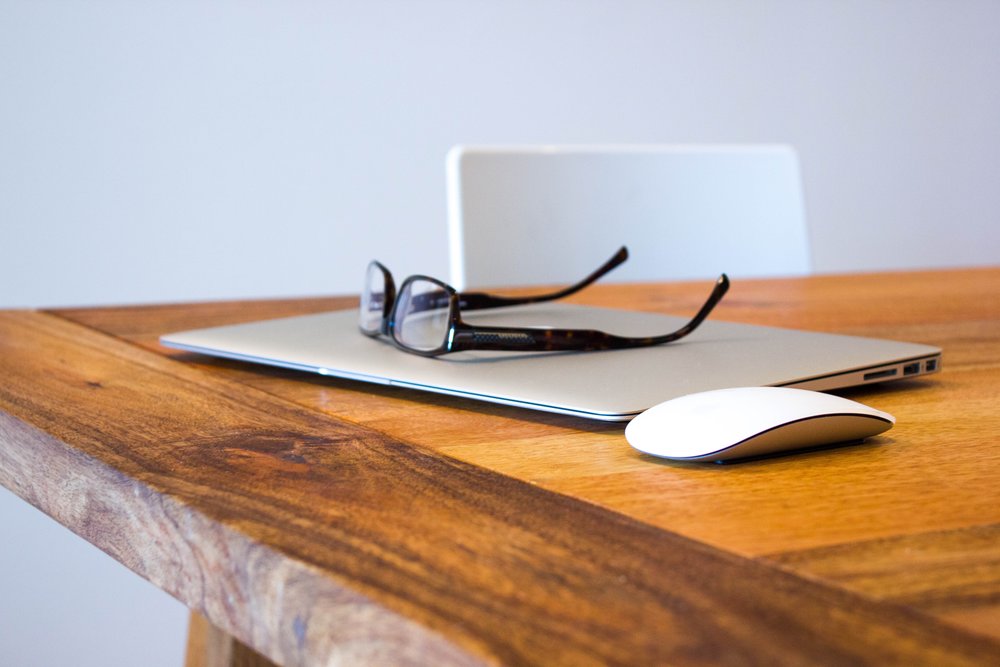The first grocery store with no cashiers, Amazon.go in Seattle, just opened – a sign of how the coming wave of automation, robots and drones will swallow millions of global jobs. While they’re sure to further exacerbate inequalities, Malleret also ponders how they will worsen the global “Loneliness Epidemic.” When people (ultra-social animals) are increasingly served by an army of robots and drones, what will happen to our “humanness” and wellness?
Trend to Watch: Legislating Workers’ Rights to Disconnect
On January 1st, a new law in France requires companies with more than 50 employees to start negotiations defining the rights of employees to ignore emails and smartphones in the evenings, on weekends and during vacations. Given the damage that our “always-on” work culture wreaks in terms of burnout, should the “right to disconnect” be legislated? Watch this space: this will become a prominent global issue in 2017.
Study: Shorter, Weekend-Only Workouts as Effective as Those Spread Out Over the Week
A new study from Longborough University, UK (studying 63,591 people) found that the “weekend warrior” exerciser (compressing weekly exercise into a couple of workouts) lessened the risk of early death as much as those who do frequent workouts throughout the week. And people that exercised in any amount were 29 percent less likely to die prematurely.
Take the Global Sauna Survey
Researchers at Australia’s RMIT University are conducting the first-ever survey that explores the characteristics and experiences of people, who sauna regularly. If you have used a sauna in the past three months, please take their survey now: www.saunasurvey.org.

Must-Reads from the Wellness World (Week of January 17, 2017)
The Best Music for Productivity? Silence – The Atlantic, December 8, 2016
Studies show that for most types of cognitively demanding tasks, anything but quiet hurts performance (and the more engaging the music is, the worse it is for concentration).
Trend to Watch: How A.I. Will Impact Health and Wellbeing
Artificial Intelligence is the transformative technology of the 21st century, and a major issue to watch will be how A.I. and big data will dramatically impact health and wellbeing. The developments are creating incredible excitement, but also some serious privacy and security issues.























































